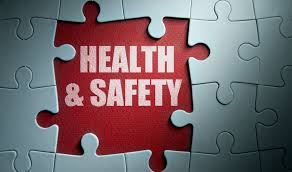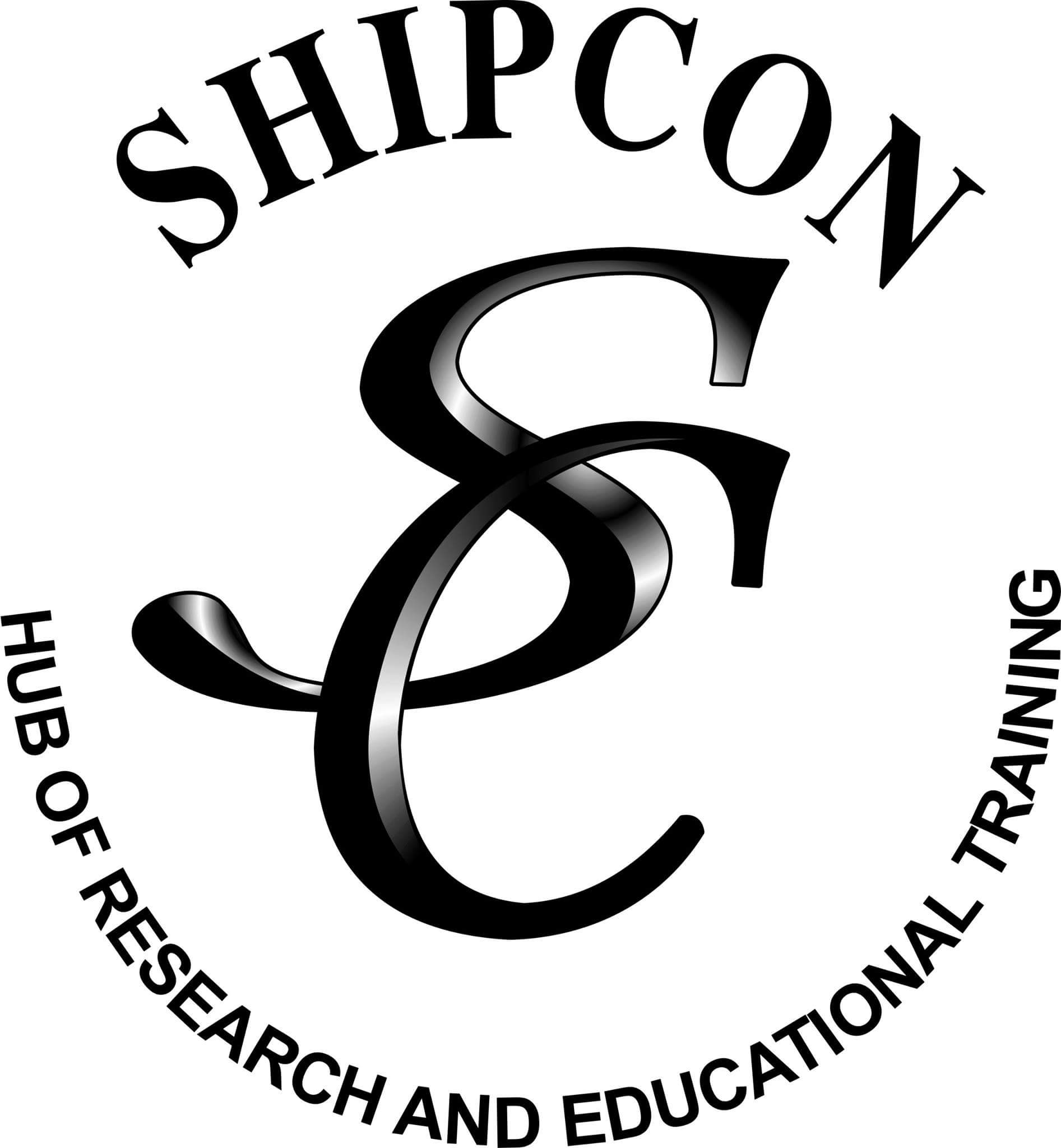Description
‘Health & Safety Considerations in Educational Establishments (HSEE)’ is being taught at a level suitable for all those being responsible for Health & Safety as well as all those wishing to acquire valuable knowledge and understanding of the basic principles for an effective and efficient Health & Safety strategy at work, as an important component of a successful management strategy. The course provides participants with fundamental knowledge on the scope and nature of occupational Health & Safety and the various social & economic reasons for promoting good standards in H&S. Moreover, the course covers the basic principles of risk assessment at work place as well as the measures to be implemented in order to minimize the consequences associated with specific hazards. Furthermore, the course equips the participants with the necessary knowledge to deal with all issues related to monitoring, auditing & review processes.
This is a master class course covering all issues related to Health & Safety (H&S) at work. The course p laces emphasis on Health & Safety issues in educational establishments, such as primary and secondary schools, VET schools, technical colleges and universities.
laces emphasis on Health & Safety issues in educational establishments, such as primary and secondary schools, VET schools, technical colleges and universities.
This is the 5-day training course that can be funded by Erasmus+ KA1 programme (staff mobility)
Main Aims
- Identification of risks & hazards with emphasis on educational institutions & establishments
- Reduction of consequences related to H&S hazards

- Dealing with crises affecting Health & Safety efficiently & effectively
- Protect the well-being & safety of staff and pupils
- Minimize injuries & incidents occurred in educational establishments
- Improve productivity & workforce morale
- Integration of HS Management as an essential part of successful management strategy
Why HSEE?
Despite the increasing global recognition of the importance of health and safety at work, accidents and work-related ill-health continue to affect all types of workplaces and occupations. According to the latest figures by ILO, approximately 5,800 people die daily (approximately one worker dies every 15 seconds) as a result of occupational accidents or work-related diseases; more than 2.3 million deaths worldwide per year. At least 14% of these deaths are due to the 317 million accidents at work that occur annually. There are an estimated 500 –2000 non-fatal injuries for every fatal injury (including 160 million cases of work-related disease), many of which result in lost earnings, lost jobs and permanent disability and poverty. In addition to the direct costs of sick pay and absence, employers can find themselves dealing with criminal prosecution, claims for compensation, adverse publicity and harm to both business reputation and profitability. In a 2003 study, the ILO estimated the cost to the global economy at an estimated $1.25 trillion ($1,250,000 million), while in the UK alone, the estimated annual cost of occupational injury and illness in 2011/12 is £4.3 billion to UK employers and £13.4 billion to the British economy. The vast majority of workplace injuries, accidents and ill-health are avoidable by good health and safety management. By saving money, improving productivity and raising workforce morale, effective health and safety management should be recognised as an essential element of a successful management strategy.
Who to attend HSEE?
The HSEE course is ideal for:
- Health & Safety personnel
- School principals (primary & secondary)
- School managers & staff (primary & secondary)
- Personnel involved in management of educational institutions
- Academic & non-academic staff of tertiary institutions
- Staff working in VET centres
- Staff providing formal & non-formal education
- Trainers
- Social workers
- Wellfare personnel
METHODOLOGY OF THE COURSE – ADDED VALUE
The course methodology will ensure the active involvement of the participants in all phases, that is, prior, during and after the delivery of the course. More specifically, upon confirmation that the course will take place, the participants will receive preparatory material (if needed), which will cover all important concepts to be presented during the delivery of the course. The participants will have the opportunity to exchange feedback with the organiser of the course, ShipCon, and the trainer as well as to request any clarification related to the content of the course.
The methodology of the training is based on a combination of three important elements:
- Provision of knowledge required (theory)
- Use of training tools, such as case studies, videos, games, animations & exercises (practice – hands on experience)
- Feedback/reflection (review)
During the delivery of the course, the participants will receive hard copy material, which will cover the content to be presented in all five (5) days of the seminar. The material will be presented in a form of Power Point (PPT) presentations, videos & animations. Moreover, the active involvement and hands on experience of the participants will be secured through various training tools, such as case studies, worksheets, scenarios & exercises. These training tools are necessary to ensure that the theoretical knowledge gained by the participants can be used in real life scenarios; an important aspect & added value for any training course.
At the final day of the course, the participants will have the opportunity to reflect on the information received and the experience gained in the specific field of study. Moreover, the participants and their institutions will be encouraged to be members of ShipCon ‘Network of Excellence’, an international hub and forum for entrepreneurs & innovators to exchange ideas, novel concepts/approaches & best practices in the area of environment and education.
BENEFITS TO PARTICIPANTS – SKILLS & COMPETENCES
This course provides the general knowledge and understanding required to understand and manage key elements of health and safety in educational institutions such as school, universities and adult education centres. The course can be attained by principles, managers and staff. By the end of the course, delegates will have acquired capabilities to:
- recognise safety and health hazards and assess risks in educational institutions
- apply key health and safety controls
- ensure that adequate health and safety training and supervision of staff is provided
- identify what actions should be taken when incidents involving injury or damage occur
- communicate effectively on safety and health issues
The participants will:
- Understand the significance of Health and Safety
- Know the legal requirements & responsibilities
- Learn what a risk is and how to identify it in educational institutions
- Learn how to control risks in in educational institutions
- Learn how to implement H&S measures easily and cost efficient
- Learn how to manage H&S and your personnel
- Learn how to investigate accidents and take measures to avoid same incidences
- Be confident that you can keep everyone safe
CERTIFICATIONS AWARDED
- Certificate of attendance & certificate of competence (skills & competences required – Europass CV)
- Europass mobility certificates – to be issued by the applicant’s National Authority (NA)
PROGRAMME OF THE TRAINING ACTIVITIES (DAY BY DAY)
Monday
Foundations in Health & Safety:
- Scope & nature of occupational Health & Safety
- Social & economic reasons for maintaining and promoting good standards in occupational health & safety
- Role of national governments & international bodies in regulation for health & safety
Health & Safety Management Systems: Policy & Organisation:
- Purpose & importance of setting policy for health & safety
- Features & content of an effective health & safety policy
- Roles & responsibilities of school principals, directors & staff
- Health & Safety culture
- Emergency procedures and the arrangements for emergency services
- First Aid in the workplace
Tuesday
Health & Safety Management Systems: Planning & monitoring:
- Importance of planning
- Principles of Risk Assessment
- Risk reduction measures
- Sources of health & safety information
- Importance of monitoring
Wednesday
Health & Safety Management Systems: audit & review:
- Health & Safety Auditing
- Investigating accidents
- Recording & reporting incidents
Thursday
Workplace Hazards & Control:
- Health, welfare and work environment requirements
- Violence
- Substance misuse
- Safe movement of people
- Fire risk assessment
- Evacuation procedures
Friday
School Occupational Health & Safety:
- Active training and education for pupils
- Staff training
- Combined training
- School OSH management – tools, policies and systems
- School OSH management – participation
- Using risk education to contribute to school safety management
Click here for relevant resources on this masterclass course
| LOCATION | DATES | STATUS | REGISTRATION |
|---|---|---|---|
| LIMASSOL - CYPRUS | 07.06.2021 - 11.06.2021 | UNDER CONFIRMATION | |
| PALERMO – ITALY | 09.08.2021 - 13.08.2021 | UNDER CONFIRMATION |
List of all ShipCon Erasmus+ upcoming confirmed courses here
